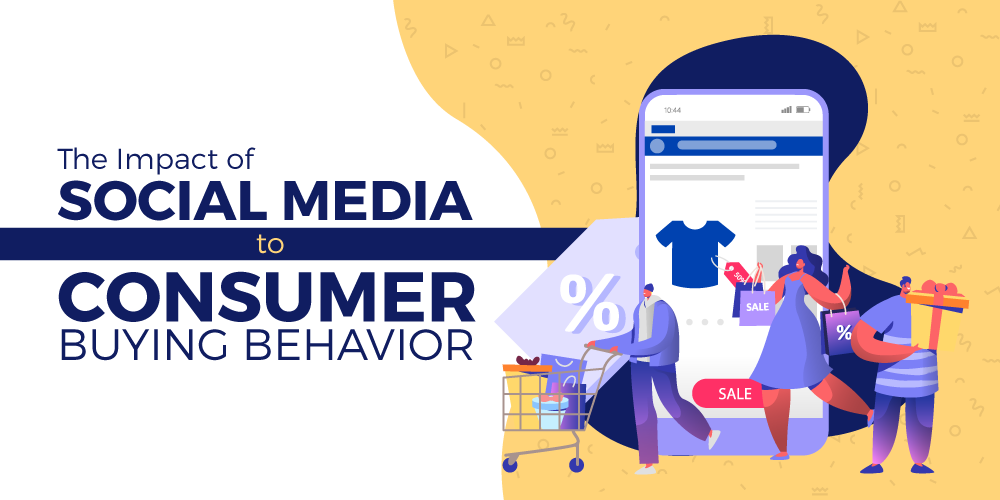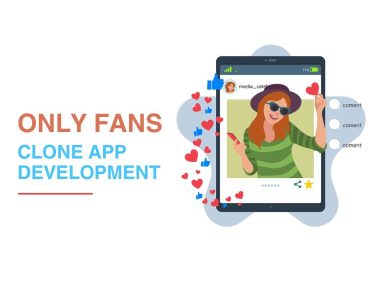In the digital age, social media has become an integral part of daily life, influencing various aspects of human behavior, including how consumers make purchasing decisions. As we step into 2024, the impact of social media on consumer behavior has only intensified, driven by technological advancements, evolving consumer preferences, and innovative marketing strategies. This article delves into the multifaceted ways in which social media continues to shape consumer behavior in 2024.
The Evolution of Social Media Platforms
Over the past decade, social media platforms have evolved from simple communication tools to sophisticated ecosystems that offer a multitude of services. Platforms like Facebook, Instagram, Twitter, TikTok, and emerging networks such as BeReal have expanded their functionalities to include e-commerce, live streaming, augmented reality (AR), and artificial intelligence (AI)-driven personalization. These advancements have created new opportunities for brands to engage with consumers and influence their purchasing decisions.
Personalization and Targeted Advertising
One of the most significant impacts of social media on consumer behavior is the ability to deliver highly personalized and targeted advertising. In 2024, AI and machine learning algorithms have become more advanced, enabling platforms to analyze vast amounts of user data to predict preferences and behaviors accurately. This allows brands to create tailored advertisements that resonate with individual consumers, increasing the likelihood of conversion.
For example, if a user frequently engages with content related to fitness and wellness, they are more likely to see advertisements for gym memberships, workout gear, and health supplements. This level of personalization not only enhances the user experience but also drives higher engagement and sales for brands.
The Rise of Influencer Marketing
Influencer marketing has become a cornerstone of social media strategies, and its impact on consumer behavior in 2024 is more pronounced than ever. Influencers, with their large and loyal followings, have the power to sway consumer opinions and drive purchasing decisions. Consumers often perceive influencers as trusted sources of information, making their recommendations highly influential.
Micro-influencers, who have smaller but highly engaged audiences, have also gained prominence. Brands are increasingly collaborating with micro-influencers to reach niche markets and create authentic connections with consumers. This shift towards micro-influencers is driven by the desire for more genuine and relatable content, which resonates better with today’s discerning consumers.
Social Commerce and Seamless Shopping Experiences
Social commerce, the integration of e-commerce with social media, has revolutionized the way consumers shop online. In 2024, social media platforms have enhanced their shopping features, allowing users to browse, compare, and purchase products without leaving the app. Features such as shoppable posts, in-app checkout, and virtual try-ons using AR have streamlined the shopping experience, making it more convenient and enjoyable.
The seamless integration of social commerce has blurred the lines between social media and online shopping, leading to impulsive buying behavior. Consumers are more likely to make spontaneous purchases when they come across appealing products while scrolling through their social media feeds. This trend has prompted brands to invest heavily in social commerce strategies to capture the attention of potential buyers at the right moment.

User-Generated Content and Social Proof
User-generated content (UGC) continues to play a crucial role in shaping consumer behavior. In 2024, consumers trust UGC, such as reviews, testimonials, and unboxing videos, more than traditional advertising. Social media platforms have made it easier for users to share their experiences and opinions, creating a wealth of authentic content that influences others’ purchasing decisions.
Social proof, the psychological phenomenon where people look to others’ actions to determine their own, is amplified on social media. Positive reviews and endorsements from peers can significantly impact a consumer’s decision to buy a product. Brands are leveraging UGC by encouraging satisfied customers to share their experiences and by showcasing this content on their social media profiles.
The Role of Social Media in Building Brand Loyalty
Building brand loyalty is a key objective for businesses, and social media plays a pivotal role in achieving this goal. In 2024, brands are using social media to create meaningful interactions with consumers, fostering a sense of community and belonging. Engaging content, personalized responses, and exclusive offers for social media followers help build strong relationships and enhance brand loyalty.
Moreover, social media platforms provide valuable insights into consumer preferences and feedback, allowing brands to continuously improve their products and services. By actively listening to their audience and addressing their needs, brands can strengthen their reputation and retain loyal customers.
The Influence of Social Media Trends and Challenges
Social media trends are constantly evolving, and staying ahead of these trends is crucial for brands to remain relevant. In 2024, trends such as short-form video content, ephemeral content (e.g., stories), and interactive features (e.g., polls and quizzes) continue to captivate audiences. Brands that adapt to these trends and incorporate them into their social media strategies are more likely to engage consumers effectively.
However, the dynamic nature of social media also presents challenges. The rapid spread of misinformation, data privacy concerns, and the pressure to maintain a constant online presence are some of the issues that brands and consumers face. Navigating these challenges requires a proactive approach, including transparent communication, ethical practices, and a commitment to safeguarding user data.
Conclusion
As we navigate through 2024, the impact of social media on consumer behavior is more profound than ever. The evolution of social media platforms, coupled with advancements in AI and machine learning, has transformed the way brands interact with consumers. Personalized advertising, influencer marketing, social commerce, user-generated content, and brand loyalty initiatives are key drivers of this transformation.
To thrive in this dynamic landscape, brands must stay attuned to emerging trends, leverage data-driven insights, and prioritize authentic engagement with their audience. By doing so, they can harness the power of social media to influence consumer behavior, drive sales, and build lasting relationships with their customers.




